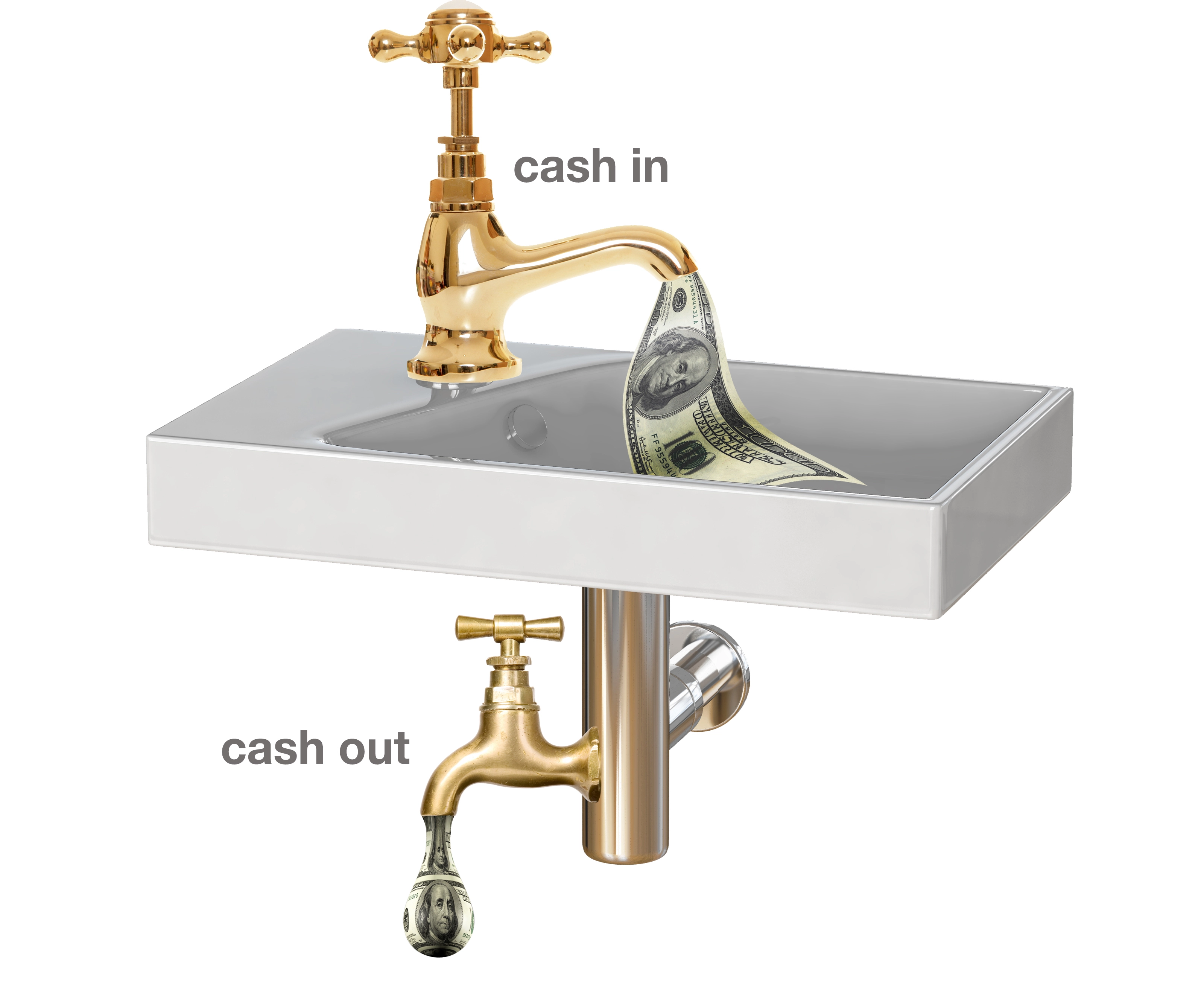5 ways to generate business in good times and bad.
Everyone knows that 2009 was not a great year economically. Some contractors did well. Perhaps they were not as profitable as they were in 2008, but they still were profitable. What did they do differently?
These five activities helped them to be profitable, even in a down economy. Use them yourself to have a profitable 2010.
1. They focused on what they could do, not what they couldn’t.
I saw this with a class for inner-city entrepreneurs that I taught. When I met the business owners for the first time last April, they were complaining that business was bad, the economy was worse, and they didn’t know whether they could stay in business. To say that the beginning of that first class was depressing is an understatement!
I started focusing them on what they could do – who they could talk to, what strategic partnerships they could make, etc.; and I made them commit to making a certain number of phone calls every day. The class reported back three weeks later. Over the next six months we continued the positive focus on what they could do rather than on what they couldn’t.
The difference between April and November was amazing. The energy in the class was positive. Many commented, “We didn’t even have hope in April. Now we’re busy.”
Have they all recovered their losses? No, but they are well on their way. The moral of this story? Even in tough times, there are things you can do to generate business.
2. They were proactive.
They kept marketing. They didn’t wait for the telephone to ring. They called. They sent postcards, letters, emails and other information that let customers know they were there. They gave customers reasons to buy from them. They asked for referrals and got them. I heard over and over again, “We’re busy when no one around us is busy,” Why? They kept marketing.
Establish a marketing plan and stick with it. If you are cutting costs, keep your marketing budget. Companies that stop marketing have the toughest time when the economy recovers.
3. They focused on their clients.
My definition of a client is someone who uses your company more than once. Clients have loyalty. Customers don’t. Clients own maintenance agreements. Customers don’t.
Print out a client list. Find clients who did business with you last year but haven’t contacted you this year. Call them. Offer a free inspection, to change their filters, etc. This will get your technicians out visiting clients. In some cases the systems will be fine. In other cases, the technicians will find work to do. Yes, you have to pay your technicians. However, it’s much better to pay them to go to a client’s home than to sweep the shop floor.
4. They knew their costs and reviewed accurate, timely financial statements each month.
They reviewed their scorecard each month . . . good or bad. They made sure that people were as productive as possible and got rid of the non-productive employees. Contractors told me that they were amazed to find that the same amount of work got done in less time; for example, 30 hours of work that took 40 hours in previous years. People took on additional duties when overhead was cut.
5. They set goals and tracked their results.
This is so simple and easy. They knew the results of all of the dollars they spent.
They knew which advertising programs were working and which weren’t. They knew whether they had reached goals or whether they hadn’t. For those that hadn’t, they revised the goals or time lines and kept working toward them.
Gut feels don’t count. Financial trailing numbers tell you what is going on long-term with your company’s financial health. The only way you can be sure where your clients are coming from is to ask them and record their answers! This way you can be sure that a referral program or advertisement worked.
When a client calls for a service call and doesn’t tell your employee where she got your company’s name or telephone number, ask for the information. Just say, “By the way Mrs. _______, how did you get our company’s name? Or, “How did you happen to call us?” Record the answers on a tally sheet. Then you can tell what is working and what isn’t.
The bottom line is that you have to be proactive in 2010. You can’t sit around and wait for the telephone to ring. You have to make it ring. Even if more people say no than say yes, you’ll get some work. You’ll get additional revenues, be able topay the overhead, and, you may even get new clients.
I wish you a prosperous 2010.
Ruth King has over 25 years of experience in the hvacr industry and has worked with contractors, distributors, and manufacturers to help grow their companies and become more profitable. She is president of HVAC Channel TV and holds a Class II (unrestricted) contractors license in Georgia. Ruth has written two books: The Ugly Truth About Small Business and The Ugly Truth About Managing People. Contact Ruth atruthking@hvacchannel.tv or 770.729.0258.





